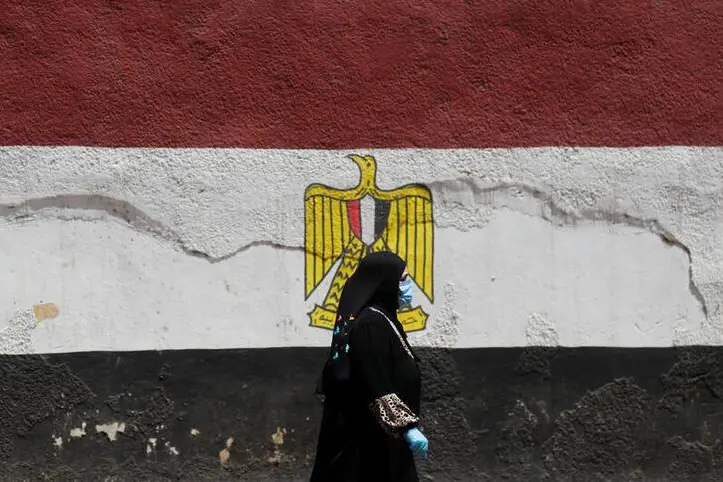PHOTO
Egyptian Prime Minister Mustafa Madbouly's government, his second in six years, came to light amidst anticipation amongst the public of easing tough economic conditions of the north African nation caused by regional and international circumstances.
Madbouly's new government witnessed a change in 20 portfolios, foremost Defense, Foreign, Finance, Electricity and Petroleum which in fact was in compliance with President Abdulfattah Al-Sisi's instructions to address national security files and paying more attention to issues concerning citizens.
The Prime Minister merged some ministries and restored new ones, like Ministry of Parliamentary and Legal Affairs and Political Communication. He merged the Ministries of Transport and Industry, and Ministry of Investment and Foreign Trade.
The government of Madbouly, who was first named Prime Minister in 2018, saw Ahmad Kouchouk as Finance Minister, Sharif Farouq as Minister of Supply and Internal Trade, and Kareem Badawi as Minister of Oil and Mineral Resources.
Hassan Al-Khateeb was named Minister of Investment and Foreign Trade, Sharif Fathi as Minister of Tourism and Antiquities, Mohammad Shimi as Minister of Public Business Sector, Ahmad Hanno as Minister of Culture and Mohammad Abdullateef as Minister of Education and Technical Education.
Ranya Al-Mashat kept her post as Minister of International Cooperation, as well as taking over Ministry of Planning and Economic Development.
Ashraf Subhy kept his position as Minister of Youth and Sport, Mohammad Ashour as Minister of Higher Education, Hani Sulailem as Minister of Irrigiation, Amr Talaat as Minister of Communications, Yasmin Fuad as Minister of Environment and Mohammad Salahuddin as Minister of Military Production.
The Cabinet line-up also includes Mohammad Fawzi as Minister of Parliamentary and Legal Affairs and Political Communication.
The new government will have a daunting task of addressing thorny issues, internally and externally, which affected the national economy like the ongoing Israeli occupation's aggression on Gaza Strip that was sending shock waves to the Red Sea.
"The formation of the new government came amidst critical challenges facing Egypt domestically and abroad," Ehab Mansour, secretary of the manpower committee at the Egyptian Parliament, told KUNA.
The government, he said, should realize the huge responsibilities and must therefore rearrange priorities and enforce active monitoring, cut spending and rescheduling of debts.
The government, added Mansour, should pay more attention to education, supply, health and electricity, as well as agriculture and industry.
The lawmaker called for addressing unemployment and inflation in order to alleviate what he considered "citizens' suffering," luring investment and encourage the private sector's growth. (end) aff.bs
All KUNA right are reserved © 2022. Provided by SyndiGate Media Inc. (Syndigate.info).





















